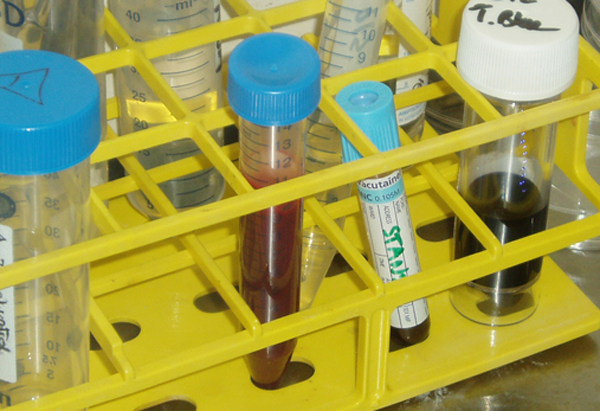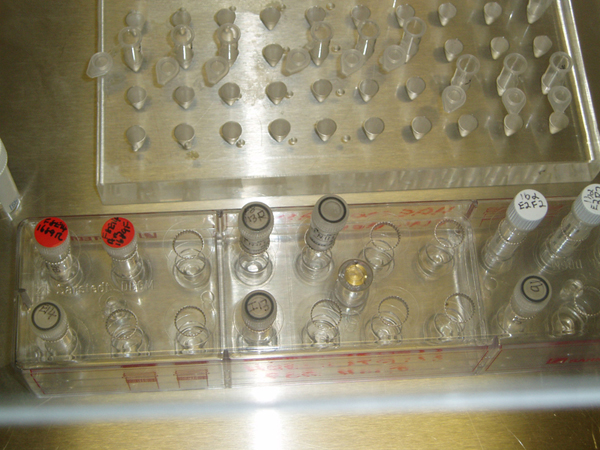|
Open source DNA movement.Expoitation of the masses for the masses.
The "genomixer" has also applied for public IPO (Initial public Offering). If any venture capitalists would like to express interest, ie investment please get in touch. The IPO will allow the database of users to be accessed by other company research and all monies derived from exploitatation and investigation of our pooled dna will be shared. This is opposite tothe position of the Welcome Trust and its biobank, in that if you donate a sample they will use your dna for profit and sell the information to publically listed drug company.
Other DNA databases include the store which is held by the police, which now has 2,000,000 dna profiles. It's intertesting to note that the police actually own these records and the database, ie it "owns" the dna profiles of the 2000000 people they have gathered material from. They also own its research value. And once more the data is not allowed for public access or research. The police and the forensic department are currently thinking of selling its labs to a private company.

So who owns your DNA?
Do you feel comfortable with the knowledge that other people "own" these rights and may exploit this information?
UK judge lets police keep DNA from innocents 23 March 2002. A UK court has confirmed the right of UK police to keep DNA they collect from suspects during an investigation, even when they have been found innocent and do not want their profiles kept on a DNA database. The Guardian and Ananova report that a 12 year old boy arrested in connection with a robbery - but later aquitted - had been refused his request that fingerprints and DNA samples taken from him should be destroyed. South Yorkshire police told him that they would be keeping the forensic samples "to aid criminal investigation". In another case police kept samples taken from a man during a domestic dispute, even though his partner decided against pressing charges. In rejecting their joint appeal to have the samples and records destroyed, Justice Leveson and Lord Justice Rose admitted that their decision "might arouse strong feelings" but insisted that police policy did not contravene human rights laws.
"This is a very disappointing decision - it must be wrong in principle to collect up DNA samples from innocent people," said a Liberty UK press release, while Sir Alec Jeffrey - inventor of forensic DNA testing - called it "discriminating, inconsistent with privacy laws, and an example of ad hoc sloppy thinking."
The decision opens the way for the unchecked expansion of of the UK DNA database, as regular mass DNA testing carried out by UK police sweeps vast numbers of innocent people into the forensic testing net. Although keeping massive numbers of samples from innocent people is expensive and of limited value for law enforcement, it represents a lucrative resource for UK authorities, who have indicated that they intend to sell medical samples to Big Pharma for research and bioinformatic speculation.
UK Forensic Science Service DNA database is on track to reach its target of 3 million DNA profiles of UK citizens by 2004, reports Ananova.com. This is expected to result in one in eight adult British men having their DNA routinely checked against unsolved crime scenes. The Home Office has spent £187 million since April 2000 to expand the database by 2.5 million profiles over four years - with the 1.5 millionth profile entered this week. At the same time, legislation has been introduced expanding the reach of police DNA testing and abolishing requirements that profiles be deleted when an investigation is complete, a suspect has been eliminated or police have obtained a DNA sample illegally.

|